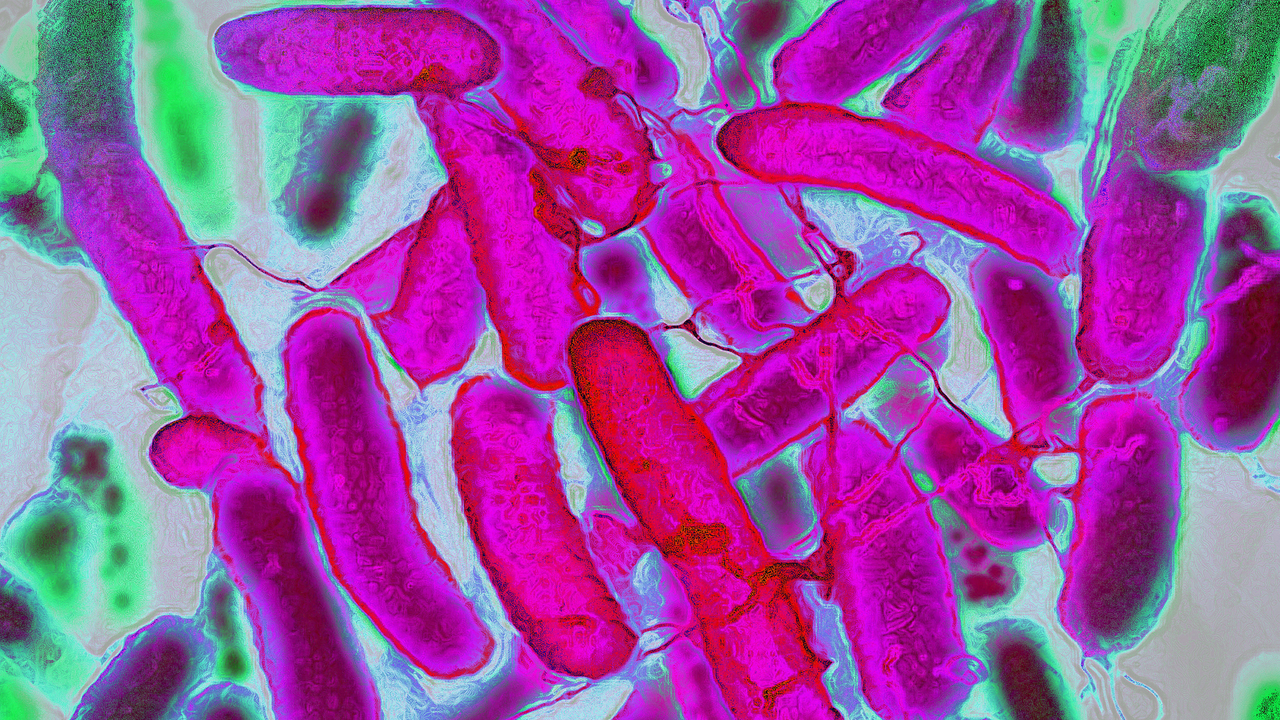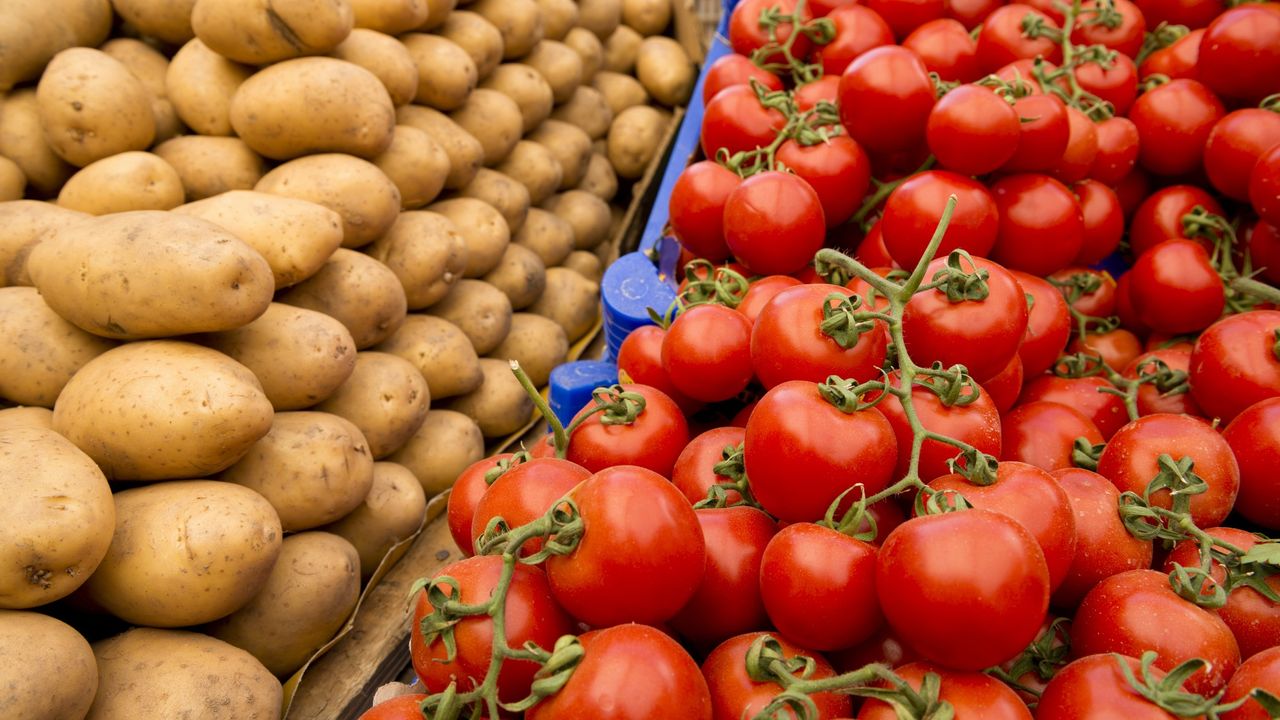Now Reading: Caffeine Linked to Antibiotic Resistance in E. Coli, Study Finds
-
01
Caffeine Linked to Antibiotic Resistance in E. Coli, Study Finds
Caffeine Linked to Antibiotic Resistance in E. Coli, Study Finds

Speedy Summary
- A new study suggests that caffeine may help some bacteria, including Escherichia coli (E. coli),reduce their susceptibility to antibiotics by altering genetic activity and transport proteins.
- Researchers tested E. coli’s response to 94 chemicals, including aspirin, antibiotics, and food-derived compounds like caffeine and vanillin. They found that 28 of these chemicals changed the bacterial activity of genes related to transportation of substances like antibiotics into cells.
- Caffeine was observed to decrease production of the OmpF protein in E. coli, which facilitates antibiotic entry into bacterial cells-perhaps making these drugs less effective against the bacteria.
- The Rob protein plays a significant role in helping E.coli adapt to its habitat; one-third of genetic changes induced by chemicals involved this binding protein.
- Experts note there is no current evidence that regular coffee consumption impacts human antibiotic treatment or infection outcomes but emphasize further research is necessary.
- Laboratory experiments suggest caffeine’s interference with antibiotics might also apply to strains isolated from patients with urinary tract infections, potentially impacting human health in specific scenarios.
- Future studies are needed to explore similar effects on other bacteria and real-world interactions during infections.
Indian opinion Analysis
This study raises an crucial question about how common dietary components such as caffeine might interact with medical treatment in ways not yet fully understood. While findings remain at a preliminary stage, they underscore the adaptability of microbes like E.coli – a detail relevant for India given frequent concerns over rising antibiotic resistance within its vast population exposed regularly to both pharmaceuticals and varied diets.
India faces significant challenges regarding resistant infections due often to unregulated access to antibiotics or incomplete dosage practices alongside large diversity in gut microbiomes from regional diets rich in herbal compounds or caffeinated beverages like tea or coffee prevalent culturally across the nation.
The study hints at connections between lifestyle habits (such as caffeine consumption) and microbial responses without suggesting direct clinical consequences thus far-which should temper alarm among Indian readers while highlighting scope-forward efforts toward better integration biotechnology-food science ensuring public healthcare remains safeguarded competently long-term reading basis advancing anti-microbial breakthroughs ongoing around-superbug rise pressures international landscapes globally crucial regulatory safeguards local ecosystem avoid exponential crisis-infections worse.Mvcitures include nat-
Read More



























